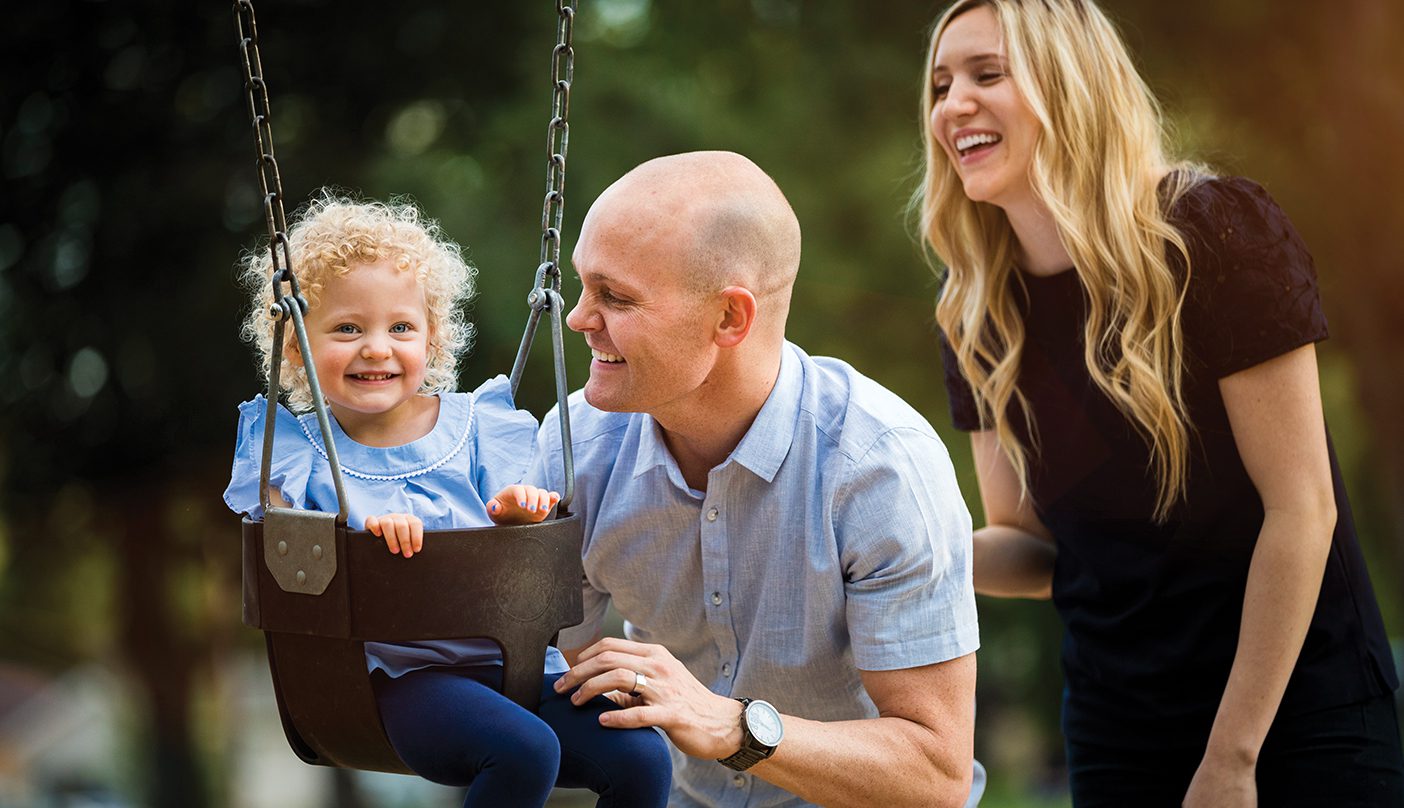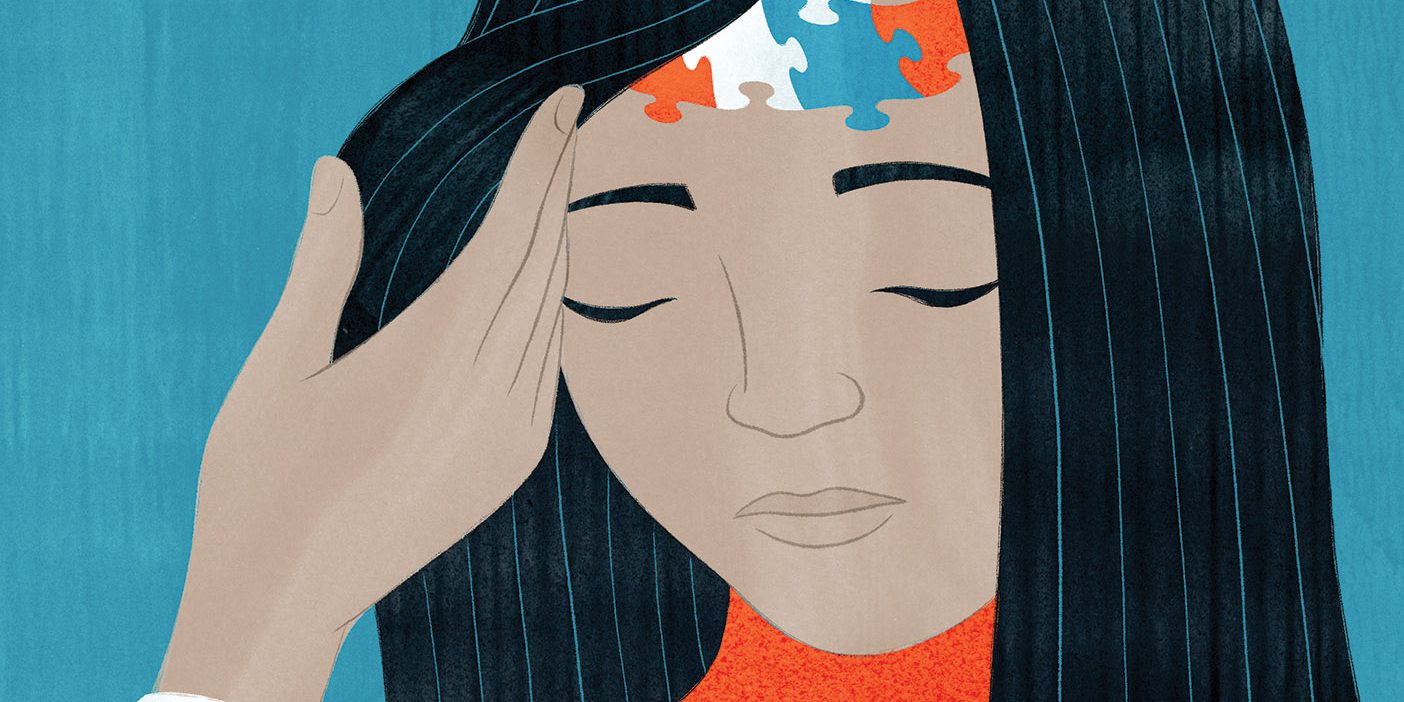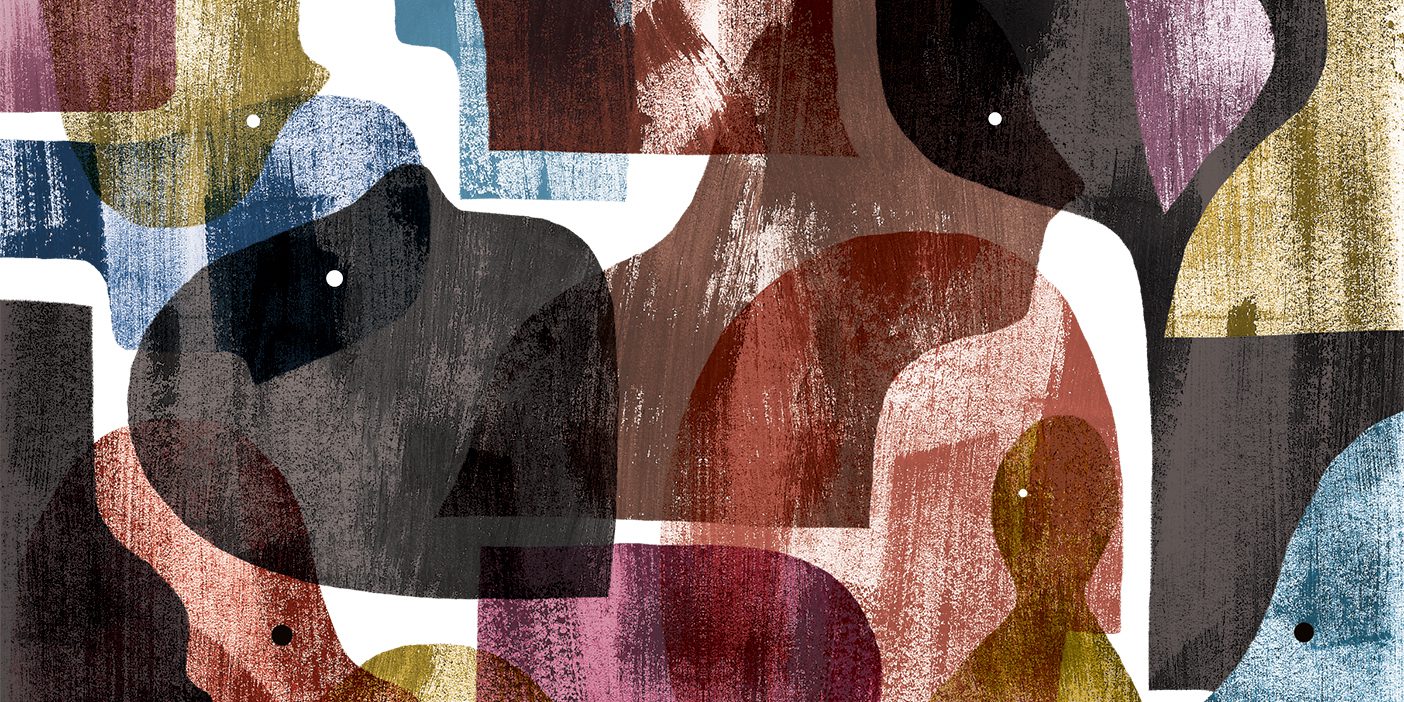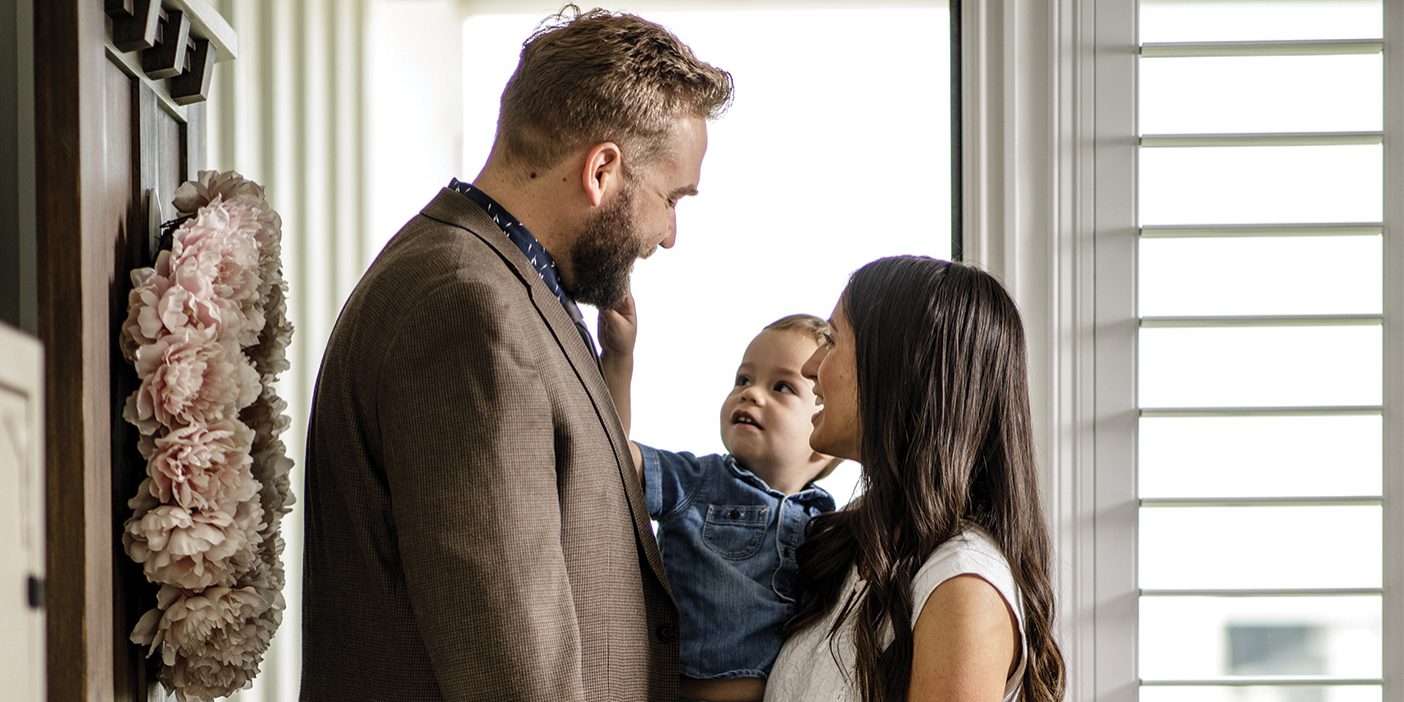With help, fathers can heal and become better parents.

When BYU sociology professor Kevin M. Shafer first became a dad almost 13 years ago, he says he was “thrown for a loop.” His new role brought traumatic—and unresolved—childhood memories back to the surface, and he was terrified he might somehow perpetuate similar trauma in his child’s life.
To protect his infant son, Shafer avoided engaging with him. But Shafer’s wife told him this withdrawal was unacceptable and insisted he get help. “I’m grateful every day she told me to do that. I did get help, and I’m a much better dad now,” says Shafer, now the father of three boys and a girl.
In a recent study Shafer discovered that men who had three or more adverse childhood experiences (ACEs)—such as abuse, neglect, or having parents divorce—are likely to exhibit more negative parenting behaviors, like harsh discipline, and fewer positive behaviors, like caring for physical needs, expressing affection, and providing emotional support. However, as he and Boston College’s Scott D. Easton reported in The Journal of Marriage and Family, having fewer than three ACEs was not correlated with problematic fathering.
“Most of us have some level of resilience to one or two really bad things happening to us. But once you pile on three or more, a person’s coping mechanisms can’t keep up,” says Shafer, who had six adverse experiences in his childhood.
After years of therapy, Shafer can talk about his difficult childhood, including sexual abuse: “I know what I’m not capable of,” he says, noting that he no longer fears his own behavior. For men suffering because of childhood trauma—and perhaps causing their children to suffer—Shafer offers this cycle-breaking advice for fathers:
1
Men who experienced abuse as children need to know that they’re not alone. It is considered more socially acceptable to talk about other ACEs—like parents divorcing or a tragic loss in the family—than about neglect and abuse. Even though one in seven men experienced sexual abuse as a child, Shafer says, on average they don’t tell anyone for about 20 years. (Shafer was repeatedly victimized at age 8 by someone he knew and didn’t tell a soul until he was 27.) He says men might think their experience says something about them as a man or a boy and stay silent. “That’s a systemic problem, and we need to change the conversation around these things,” he says. “You can be part of that change both for yourself and for your culture by telling people. Speaking aloud what happened to you matters.”
2
Even though men are not responsible for what happened to them as children, Shafer says they still have a responsibility to heal, which often requires counseling. Having experienced childhood trauma doesn’t say anything about a man as a person, says Shafer. “All it says is that you’re a survivor of terrible things that are not normal. Acknowledging that others treated you in abnormal ways can help you accept that you need help.”
3
For fathers who have untreated childhood trauma or mental-health problems, community fathering courses might be of only limited help, says Shafer. They need more individualized and focused counseling than a course can provide, he says. On the other hand, support groups (including those online) can be very helpful, especially if they’re tailored to men with childhood trauma.
4
Fathers who have experienced trauma can commit to breaking the cycle of intergenerational trauma. Abuse tends to run in families, not because of biology or genetics but because of learned behaviors that develop into family patterns. By recognizing the traumatic events that have happened and getting help, men can give their children a better parent than they had, says Shafer.













